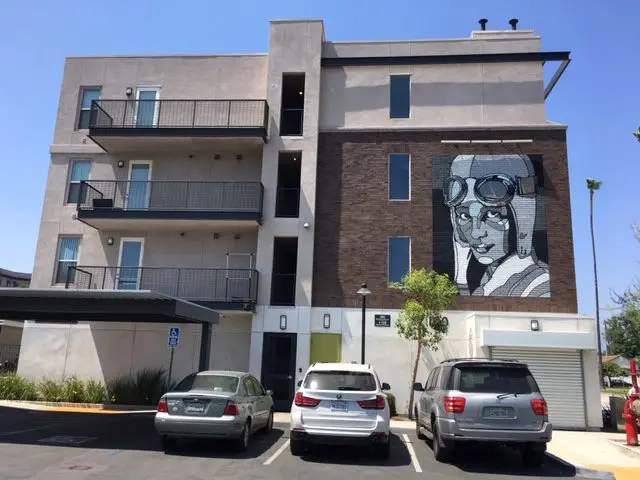Accessible Healing – How Low Cost Therapy Can Help With Trauma

Finding a compassionate trauma therapist can help you confront your past experiences and lead a healthy life. But you may need to take steps to make your therapy affordable.
Therapist Seattle sometimes uses a sliding fee scale to lower fees for people with limited resources. Other options include finding a therapist who accepts your insurance and online therapy platforms.
Sliding Scale
Many therapists who work in private practice offer sliding scale fees. These rates are based on an individual client’s income. They can be calculated differently using the United States Federal Poverty Guidelines.
Often, therapists will discuss their fee structure with clients before beginning therapy. This can be a difficult discussion, but both parties must agree on the rate before starting sessions. Some therapists may ask for proof of income, while others trust their clients to share truthful information about their financial situation.
The motivations for offering a sliding scale vary from therapist to therapist but typically include:
- The desire to be charitable.
- The ability to retain or attract potential clients.
- The possibility of a tax deduction.
- The sense of fulfillment that comes with helping people in need.
Therapists who choose not to offer a sliding scale may still make their services more accessible in other ways, such as by offering payment plans or free first therapy sessions.
No Insurance
The jargon of insurance terms like premium, copay, and deductible can make health care seem inaccessible. But for those who don’t have insurance, the cost of a doctor’s appointment or therapy can seem even more impossible.
Directories and therapy matchmaking services can help you find therapists who offer low rates for those without insurance. These therapists typically charge between $40 and $70 per session for individual sessions and between $50 and $80 for couples sessions. Some may also offer a sliding scale or accept out-of-network insurance, which can reimburse you for sessions after you’ve met your deductible.
You should also ask your therapist if they have any grants, scholarships, or “charity care” programs. These are available for a variety of reasons, including financial hardship. Larger centers or hospitals often provide them and may be offered to those with certain symptoms or conditions, such as trauma.
Online
There are online options to consider if you cannot visit a therapist in person due to geographic limitations. Free services like 7 Cups offer access to a trained volunteer (not a licensed counselor) for emotional support and help connecting with services. There are also paid subscription plans with licensed therapists.
In-Home
If your budget is tight and you’re looking for in-home therapy, options are available. Their team comprises therapists from underserved communities, which helps them connect to their clients on a personal level. They also use a trauma-informed approach to treatment, which considers the impact of historical events and trauma on individuals and families.
The organization offers several modalities of psychotherapy, including cognitive behavioral therapy (CBT), which can help address PTSD symptoms. Other options include schema therapy, which looks at the underlying beliefs that contribute to your negative emotions. Other therapies include mindfulness meditation, which can help you cope with distressing thoughts or feelings and improve mood. Other techniques include hypnotherapy and eye movement desensitization and reprocessing, which are used in the treatment of traumatic stress disorders.









